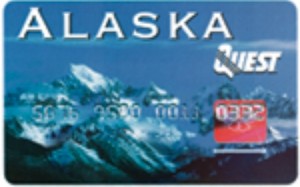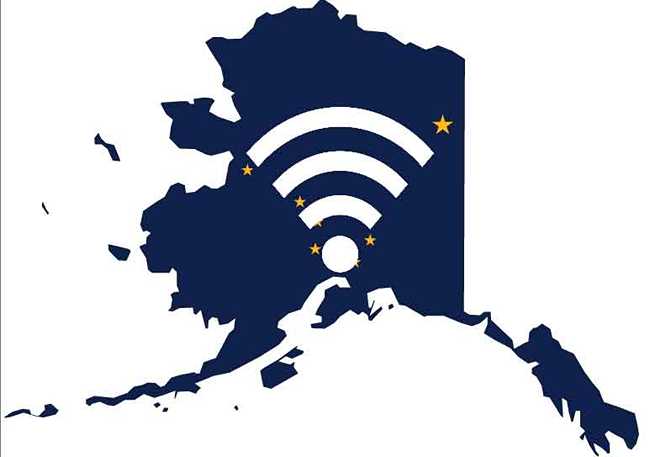Senator Lisa Murkowski’s outreach to the Secretary of Agriculture has yielded an agreement from the USDA that they won’t use Lower 48 perishable food availability standards to judge how Alaska’s rural residents and retailers participate in the Supplemental Nutrition Assistance Program (SNAP).
With the logistical and economic challenges of getting affordable perishable food out to Alaska villages, as well as the lack of broadband connectivity, Murkowski reminded USDA Secretary Tom Vilsack that she put language in the Farm Bill to ensure that low-income rural Alaskans will maintain access to federal food assistance.
The Agriculture Act of 2014 (also known at the Farm Bill) increased requirements for retailers participating in SNAP in two ways. First, all such stores will be compelled to stock three, rather than two, categories of staple foods (for example: dairy; meat, poultry and fish; fruits and vegetables; and breads or cereals) in perishable form. The bill also prohibits stores from using “manual vouchers” instead of Electronic Benefit Transfer (EBT) cards. Senator Murkowski successfully inserted language into the Farm Bill to give the Secretary the authority to provide flexibility to stores located in off-road, isolated, high-cost areas that have to deal with the logistical and economic challenges that rural communities face daily. In her letter about perishable staples, she wrote:
“I am concerned that proposed regulations may be drafted based on circumstances commonly found in the Lower 48, rather than the more unique and challenging environment in rural Alaska … In addition to the high cost of power that impacts rural stores, rural Alaskans…stock their freezers with traditional foods they have gathered from the land and water. Stores and customers are also often loathe to invest in the purchase of fresh fruits, vegetables, and dairy products due to the cost…it is also very difficult to ensure that perishables such as fruits, vegetables, and dairy will arrive in rural villages in good condition.”
In a response letter to Senator Murkowski, Kevin Concannon , Undersecretary of Food, Nutrition and Consumer Services, wrote:
“You requested that the Department of Agriculture (USDA) consider the unique conditions of individuals and families who reside in rural and remote areas in the State of Alaska in any proposed regulatory changes associated with the new Supplemental Nutrition Assistance Programs (SNAP) retailer eligibility requirements…I appreciate your continued support of our efforts to ensure that … Our future rulemaking on this provision will consider these types of access issues.”
With regard to the issue of “manual vouchers” vs. EBT cards, Senator Murkowski wrote:
“I request that you exercise your authority to allow the use of manual vouchers in order to ensure that rural Alaskans may continue to access the vital SNAP nutrition benefits for which they are eligible.”
Many villages without the technology to participate in the EBT system participate instead in the state’s long distance purchasing program by placing orders by telephone.
Secretary Vilsack responded to Senator Murkowski by writing
“Existing retailers who are already using manual vouchers for ongoing business may continue to do so until the public notice and comment rulemaking process results in final regulations. The Food and Nutrition Service will use tools available to help ensure that adverse impacts to places such as remote regions of Alaska are avoided.”






